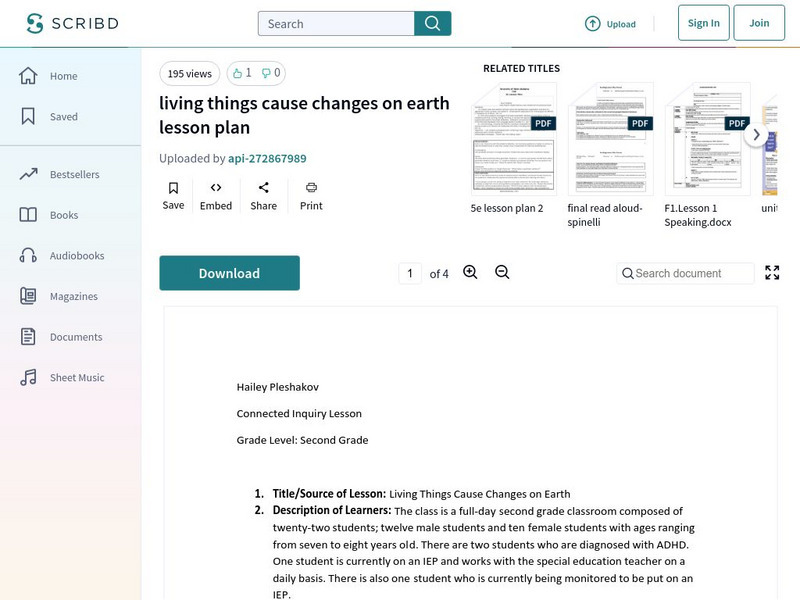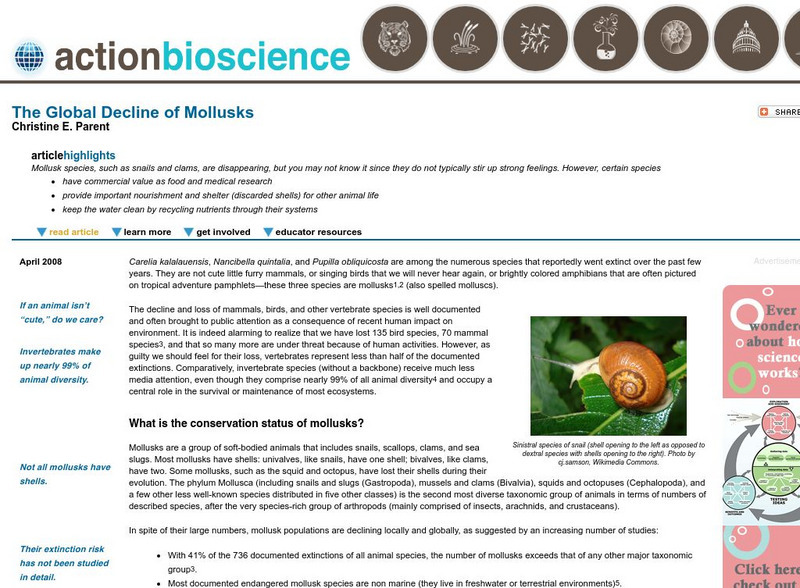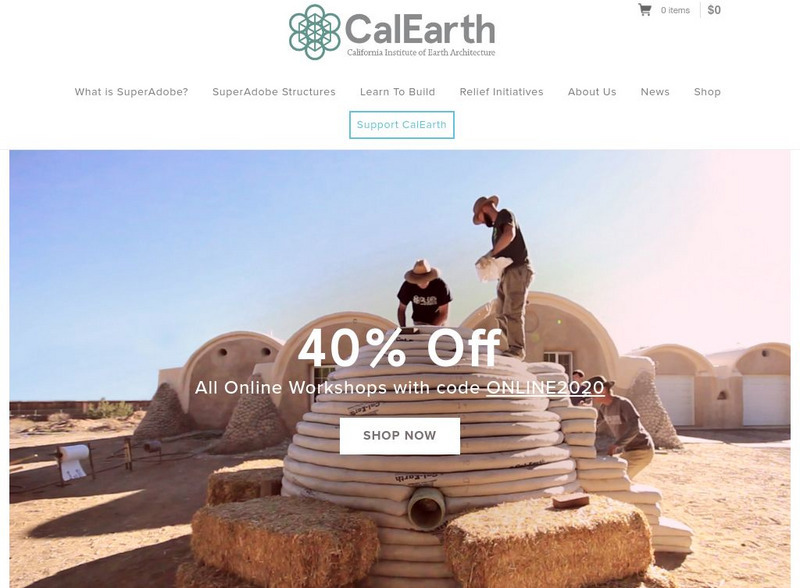Curated OER
WHERE IS AGRICULTURE?
The young scholars will identify many of the things in their lives that come from agriculture.See if someone involved in production agriculture will "adopt" your class. Students can correspond with the farmer or rancher's family. This...
Curated OER
Birds of Wisconsin
First graders explore the job done by ornithologists. They role play identifying the characteristics that make a bird a bird. They discuss what makes each bird species unique. Students are introduced to Wisconsin's most common and rare...
Curated OER
Digging Detectives
Students demonstrate basic procedures for archeological excavations. They explore an archeological site, students using various archeological methods and techniques to determine some of the aspects of past life and culture.
Curated OER
How a Caterpillar Becomes a Butterfly
Student role play and draw the various stages an insect goes through to become a butterfly. They discover the different stages of how a caterpillar becomes a butterfly. Students read The Very Hungry Caterpilla by Eric Carle.
Curated OER
Farm Crossword Puzzle Worksheet
In this farm vocabulary worksheet, students read 12 clues pertaining to the farm. Students fit their answers in a crossword puzzle. This crossword is a more difficult puzzle focusing on the science of the agriculture.
Curated OER
Farm Vocabulary List and Definitions
In this farm vocabulary activity, learners learn 15 words pertaining to farming, agriculture and farm animals. Students read definitions for each word. There are no questions to answer.
Curated OER
Mystery of the Real Robinson Crusoe Solved
Students explore the location of the campsite of fictional character Robinson Crusoe. In this ESL lesson, students read an article that discusses the whereabouts of Robinson Crusoe's campsite, then have a class discussion on the...
New York Times
New York Times: Scribd: Living Things Cause Changes on Earth Lesson Plan
This detailed lesson plan will have the students researching why and how animals make changes to the Earth. Students will discover that animals make changes on Earth for various reasons such as shelter, protection from predators, and...
BBC
Bbc: Build an Iron Age House
Learn how to build an British Iron Age house by following these step by step instructions. Measurements given in metric system.
Library of Congress
Loc: Everyday Mysteries: Why Do Bats Live in Caves?
Ever wonder why bats live in caves? Or why bats don't fly into objects at night? This article describe why bats thrive in the protected shelter a cave provides. It also explains how bats use echolocation to locate food and avoid obstacles.
American Institute of Biological Sciences
Action Bioscience: The Global Decline of Mollusks
You can help! Species of mollusks are disappearing from our marine sources. While it might not be obvious to the casual beach-goer, these shelled creatures provide food and shelter, medical research, and help keep our waters clean.
Alabama Learning Exchange
Alex: Getting to Know Characters
In this language development lesson using the books by Kevin Henkes English Language Learners learn vocabulary and language structures to express feelings, make text-to-self connections, and practice the reading strategy of analyzing...
Other
Cal Earth the California Institute of Earth Art and Architecture
Founded and directed by the internationally renowned architect and author Nader Khalili, this institute works to create homes from the earth using such materials as sand, clay, and dirt. Its mission is to create tree-less places for...














